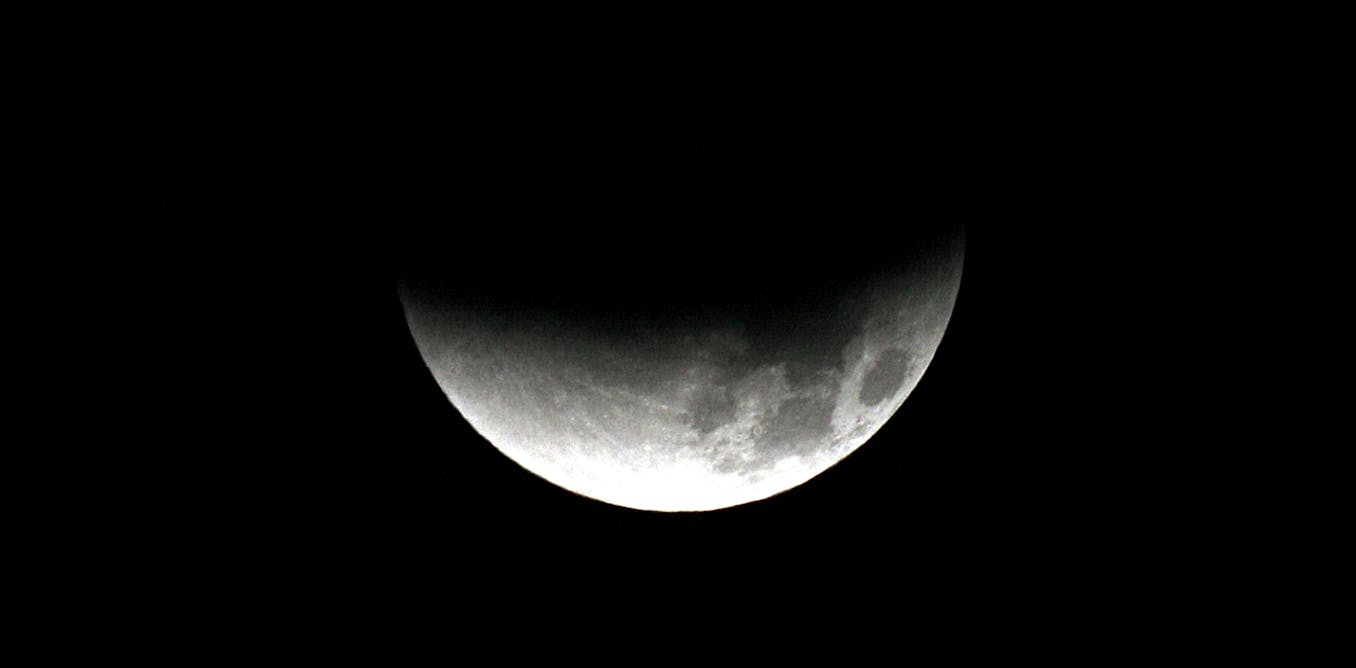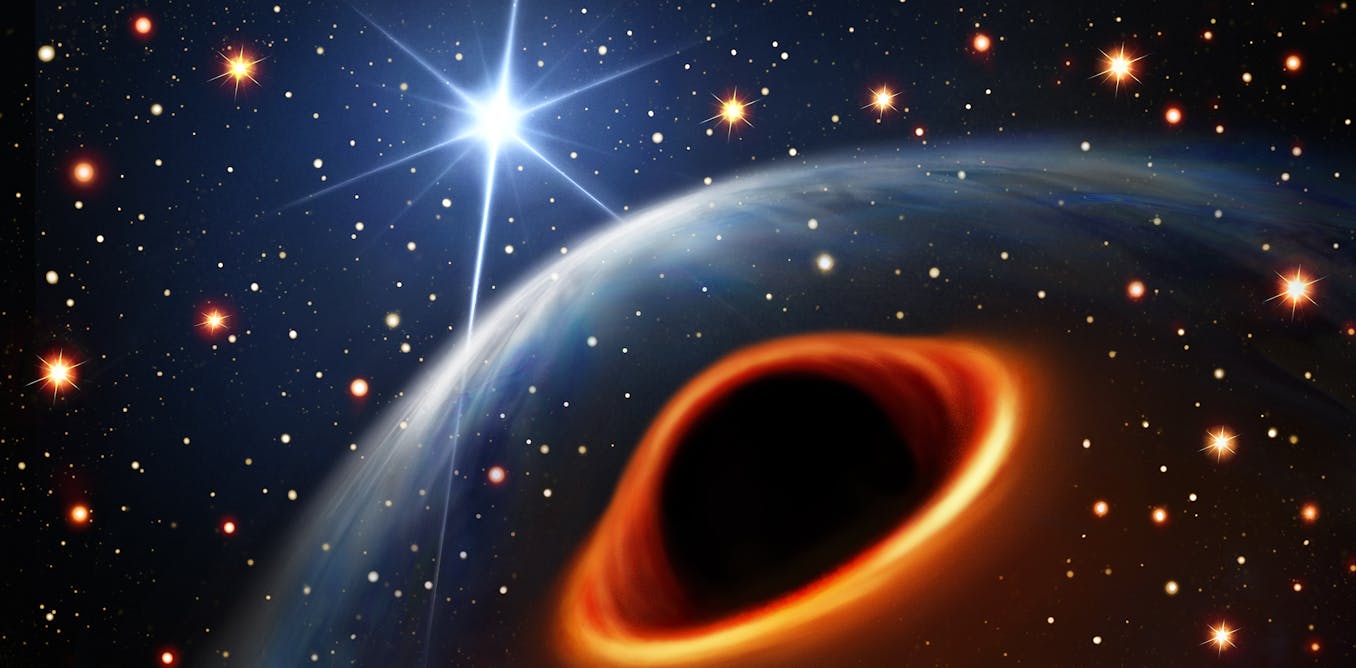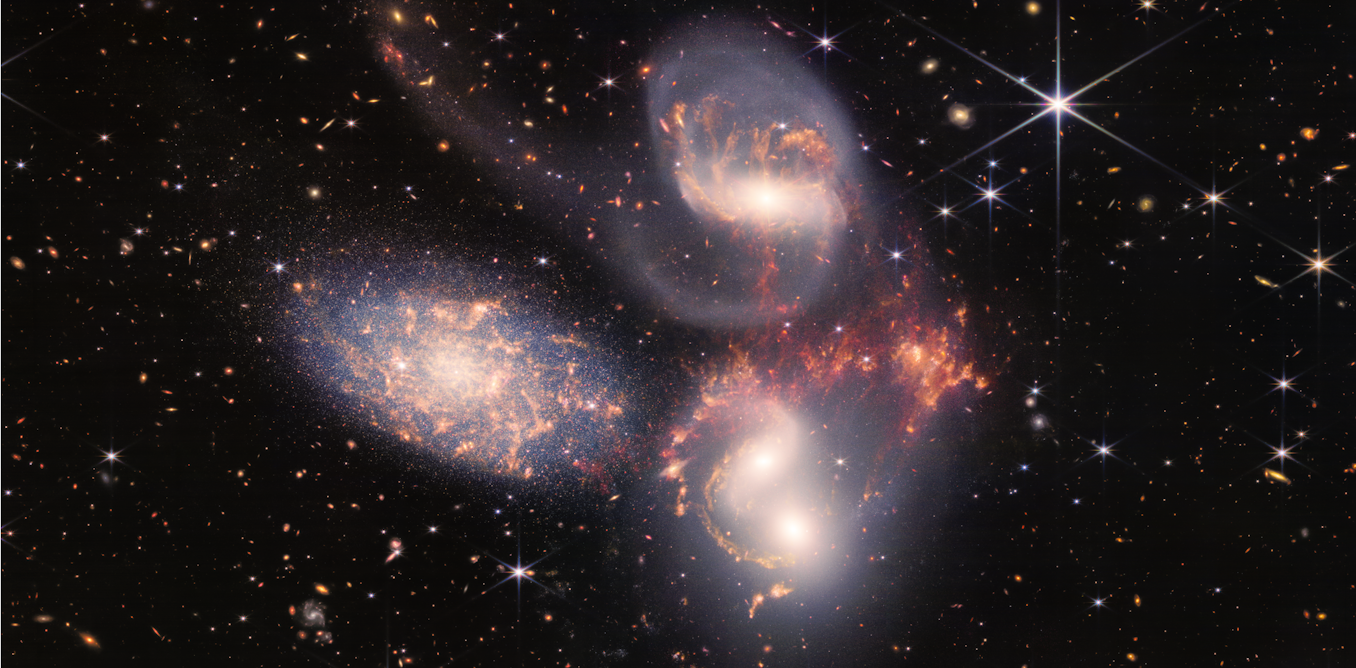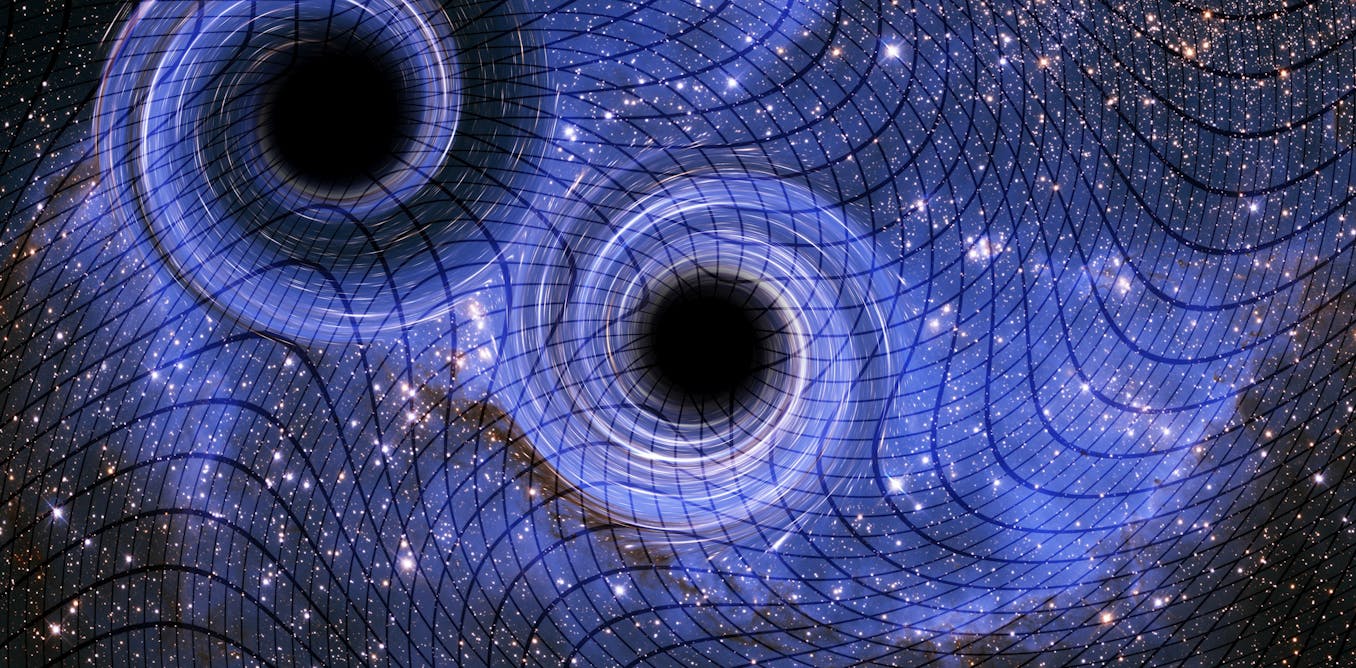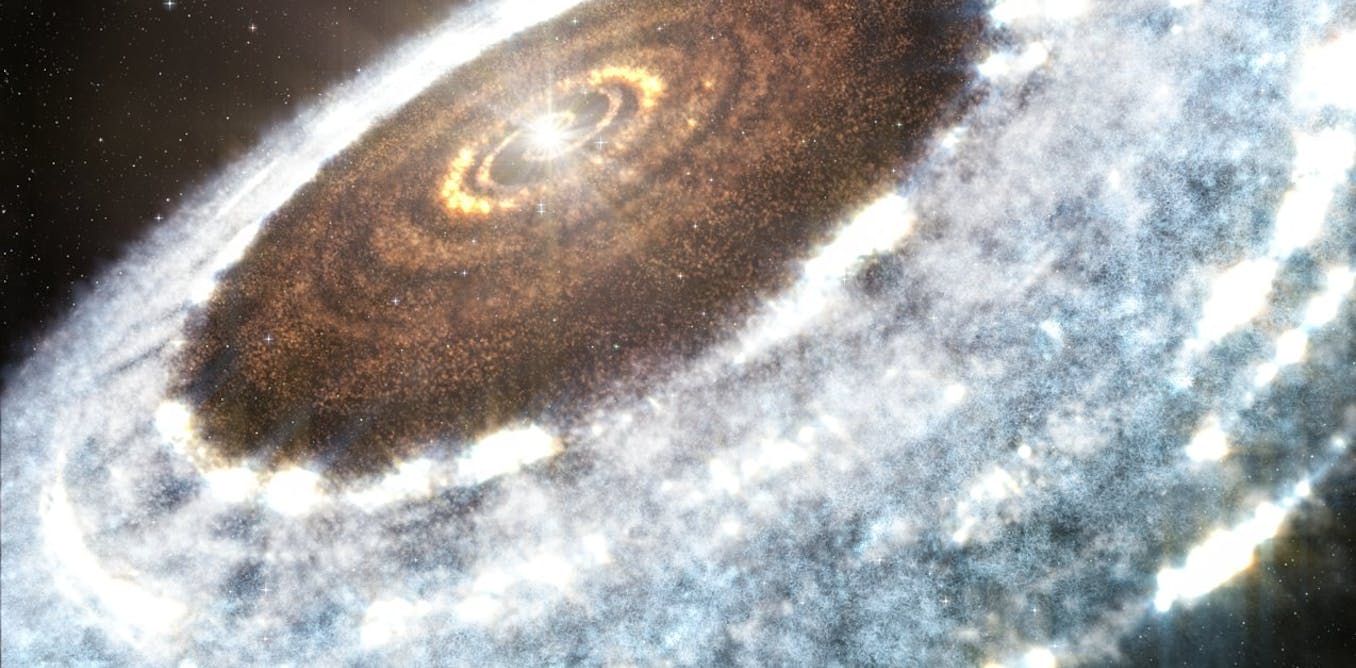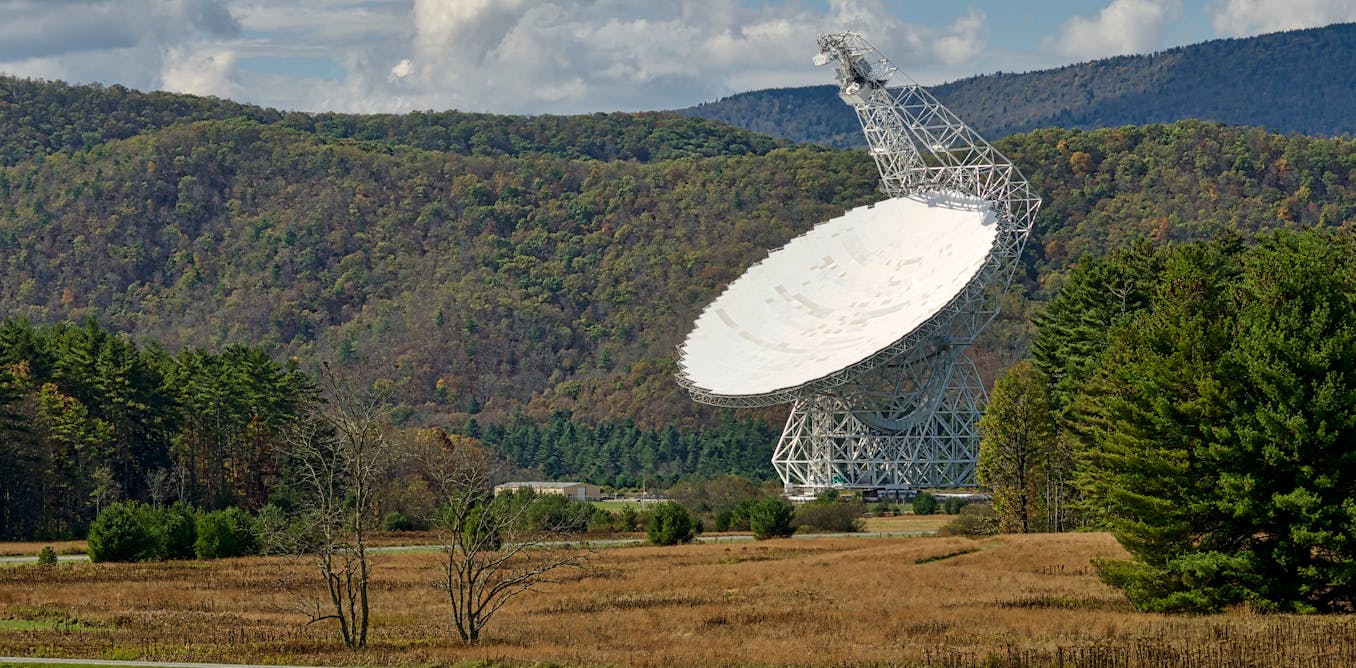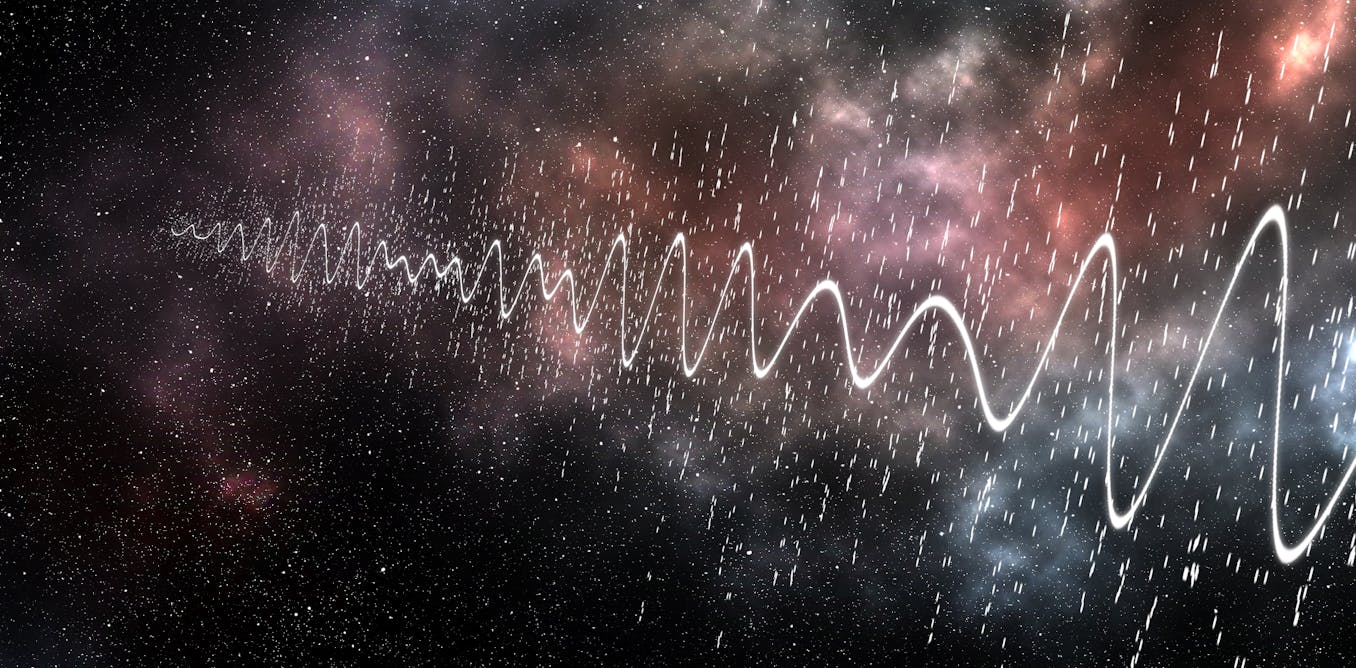Lunar science is entering a new active phase, with commercial launches of landers that will study solar wind and peer into the universe’s dark ages
Projects under NASA’s CLPS program will probe unexplored questions about the universe’s formation.
Feb. 5, 2024 • ~8 min

